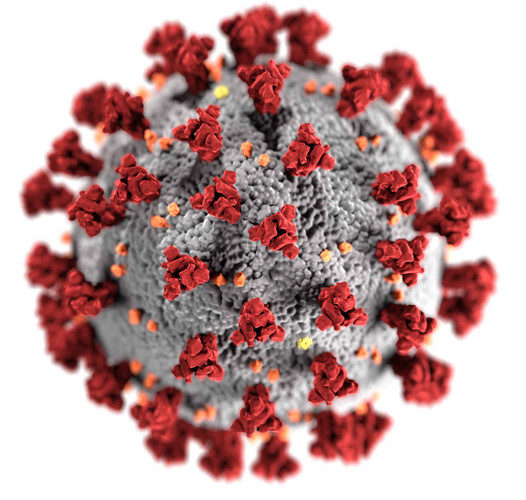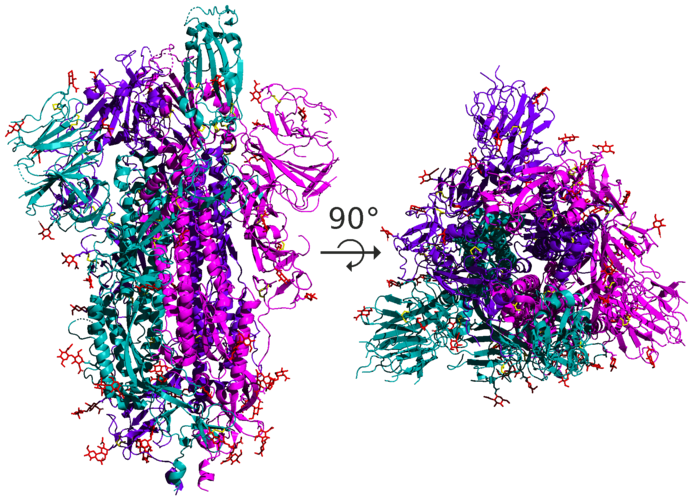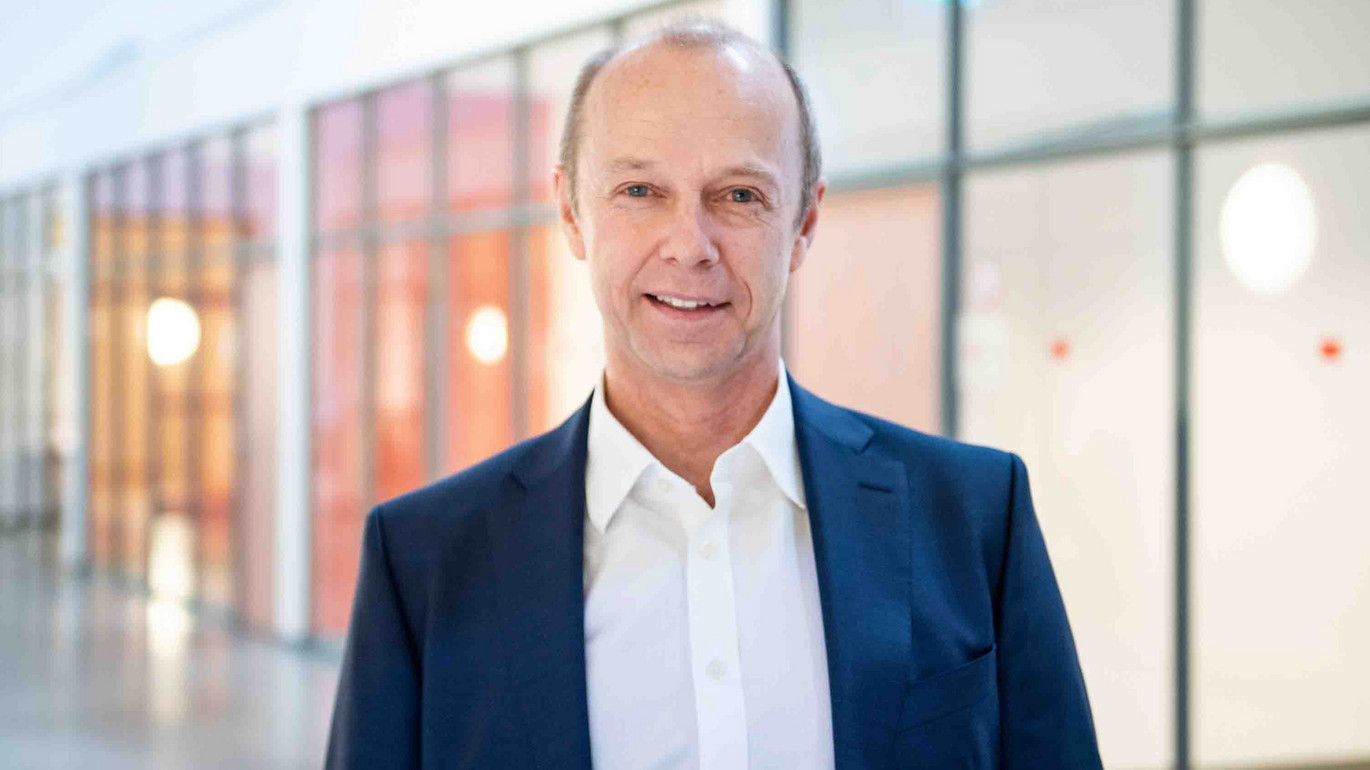
Folding@Home: together against Covid-19
ACO supports worldwide computer project to research diseases
Together we beat the fastest supercomputer! Because that's the power behind it when people all over the world join forces and make the computing power of both private PCs and company computers available. Of course ACO is also involved in the initiative called Folding@Home and thus supports research into various diseases or more precisely, into protein molecules.
Proteins are involved in all processes that take place in our cells. In order to function fully, they assume a three-dimensional structure, they have to fold, so to speak. However, these folding processes can also lead to errors, which can thus trigger various diseases. For example, Alzheimer's, Huntington's, different types of cancer or Covid-19, because the surface of the coronavirus also contains so-called spike proteins (see pictures below) that enable it to dock to human cells. Researchers hope to decipher what exactly happens during this docking process and what causes protein misfolding. This requires complex simulations, which in turn require enormous amounts of computing power.
This is why the Folding@Home project was created in the USA 20 years ago. Today, it is led by Washington University in St. Louis. The principle behind it is that anyone in the world can provide the computing power they don't need, for example when the PC is not being used or is only used a little. During this time, data packets can be processed that are needed for the simulation of protein folding.
"Our IT colleague Martin Künstler came up with the idea of putting two disused ACO computers back into operation for the Folding@Home project," says ACO CIO Walter Hintz. "The two powerful computers are still fully functional and now run 24/7 for research purposes."
Via the Internet, the participating computer receives a so-called "work unit", which is automatically returned to the university after completion and a new work unit is sent. In this way, simulation processes are much faster than the fastest supercomputer in the world could possibly allow.
The small data packages are brought together centrally and can be used free of charge by researchers all over the world as a basis for their medical research. It is hoped that this global joint effort will enable the development of drugs to progress more quickly. This is because the simulations enormously limit the scientists' practical experiments with different active substances.
Due to the spread of the coronavirus, the number of participants in the Folding@Home project increased enormously fast. In addition, a bonus point system, for the computing power provided, with an international ranking list strengthens a certain competitive character - of course without any return service, just for a good cause. Currently, hundreds of thousands of people are participating, grouped together in more than 250,000 user groups. The ACO user group "ACO global compute network (AGCM)", in which colleagues also participate with their private computers, is currently among the strongest 5% of the computing power ranking. "We plan to increase our contribution further", concludes ACO IT manager Walter Hintz.
If you want to participate yourself, you can register here.


